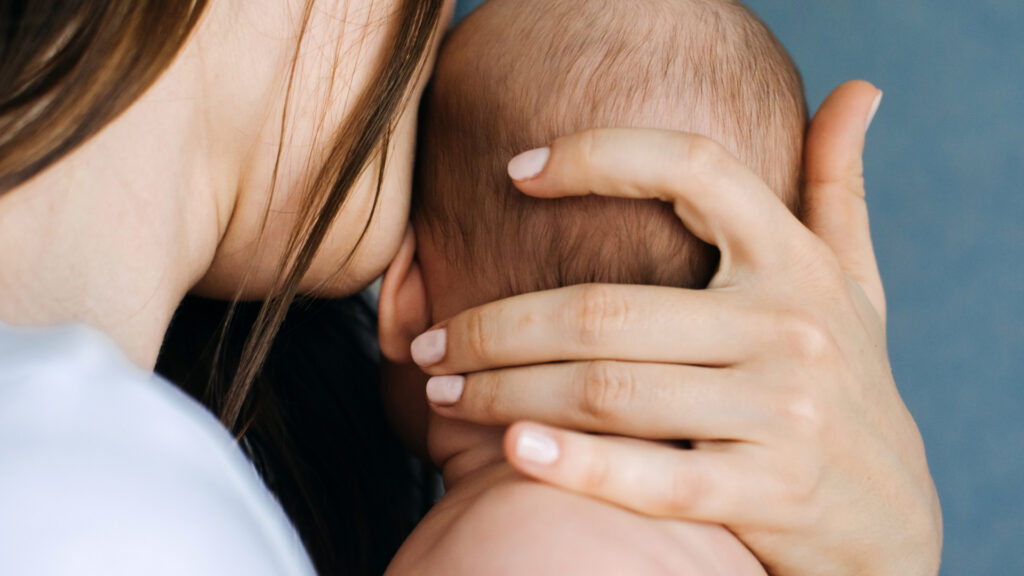
Mental health experts have drawn attention to the prevalent yet often overlooked issue of maternal mental health challenges affecting pregnant women and nursing mothers.
The Deputy Director of Nurses for the Obstetrics and Gynecology Department at the University of Ghana Medical Centre, Dr Vida, stressed the critical need for increased awareness and support for pregnant women.
She said that during the postpartum/post-delivery period, pregnant women with mental health issues often have challenges handling and taking care of their babies.
“Some people have not held such babies before so when they see the baby at times, it worries them. How am I going to care for this baby? Especially those who have no support at home, they don’t have parental support or sibling support, and they are alone and probably maybe their husbands are not around to support them.”
Regarding the urgent call to action, representatives from the Mental Health Authority stepped forward to unveil a comprehensive lineup of events planned for Mental Health Awareness Month.
A registered mental health professional, Lydia Sackey, and a Psychiatrist, Lorna Lartey, outlined the range of initiatives aimed at shedding light on maternal mental health issues and provided much-needed assistance to affected individuals.
“The Mental Health Authority has adopted the month of May to create awareness. Just as we have Malaria Day, HIV Day and Breast Cancer Day, the Mental Health Authority has adopted the whole month of May to create awareness because we realize that stigma is one of the main challenges when it comes to mental health.
“And to be able to address it, we need to educate the people on what mental health and mental illnesses are. So we are doing that for the whole of May. We actually started on 28th April – so the whole of April, from 28th April to 3rd May is Maternal Mental Health.”
“We are focusing on mothers and that is why we are here. So that is for the first week of May. The second week we are doing school mental health. So we’ve selected some schools we will visit and give education and screen the students as voluntary. The third week, we will be doing a specialist outreach clinic in the Eastern Region.
“The fourth week we are doing workplace mental health. So we have some selected organizations we will visit, educate them, we’ll train them and screen them. Then the final week we’ll do more of Churches, Mosque and then throughout the month, we are doing a whole lot of community engagement,” Dr Sackey said.
On her part, Lorna Lartey provided an estimate of the number of perinatal women grappling with maternal mental health challenges, highlighting the profound impact on maternal and child well-being.
“In terms of prevalence and in terms of numbers, maternal mental ill health is common about one to five to one to seven out of perinatal women. These perinatal women indicate to men who are currently pregnant or have just given birth, or at least one year within the one-year timeframe after delivering.
“So it’s important that we pay close attention to the mental health of mothers and pregnant women around this time because the consequences in the long term can impact bonding with babies, impact the growth of the newborn and the new baby, and impact their mother’s general outlook in life in the future,” Dr Lorna said.